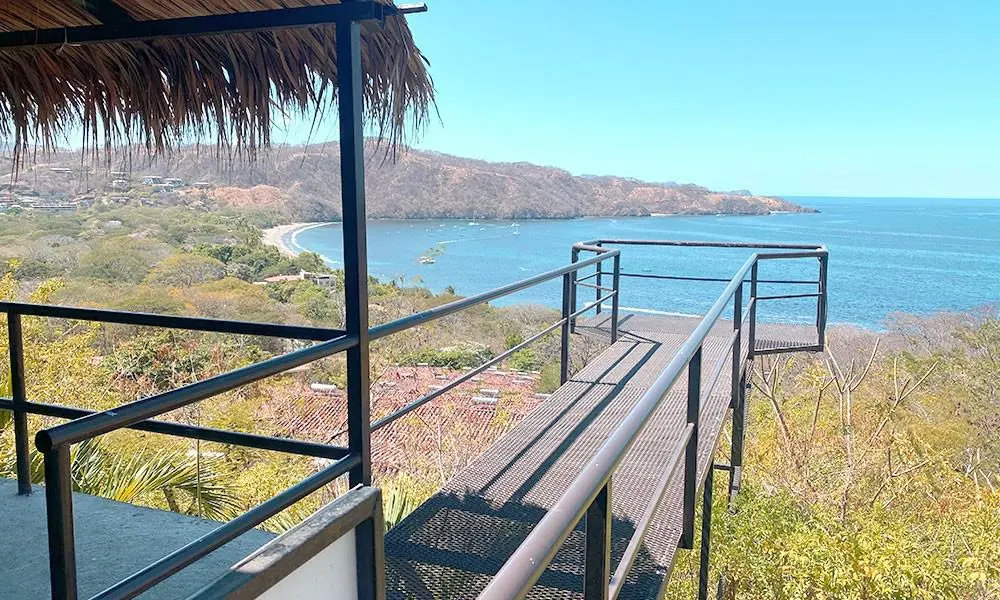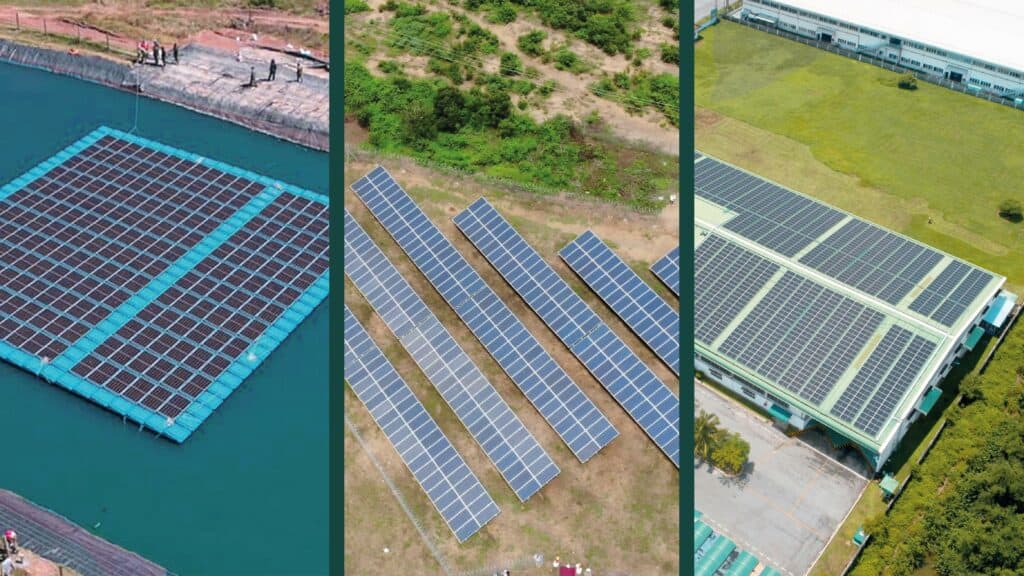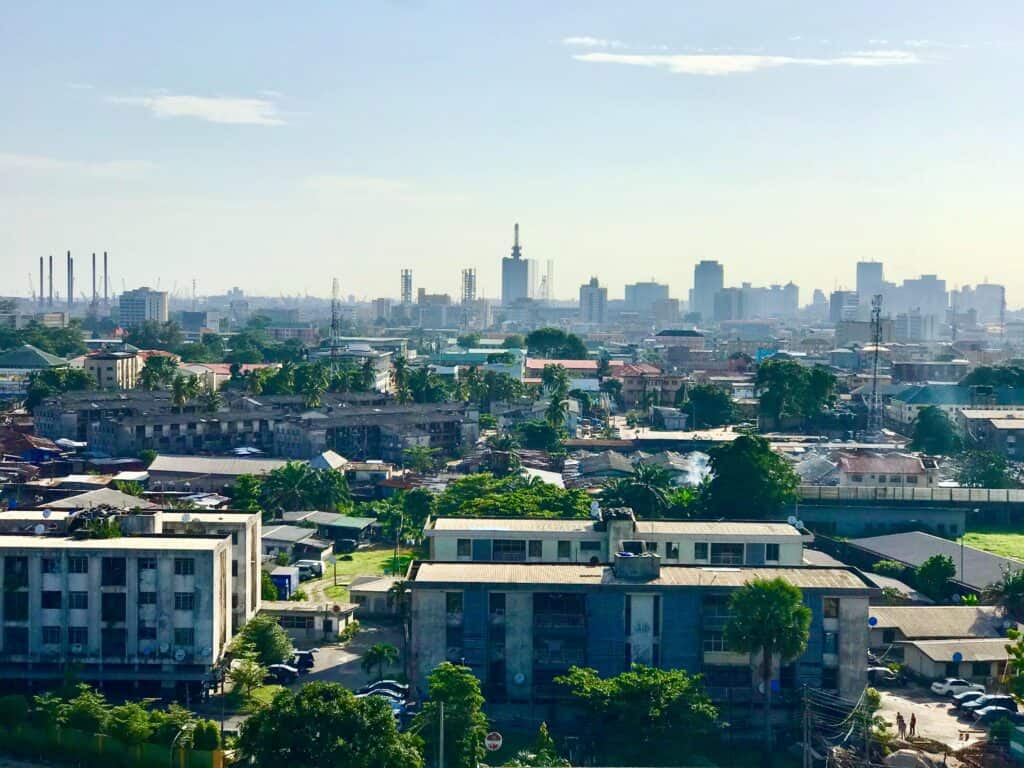The changing face of energy in Thailand: An interview with Joost Siteur

When it comes to solar energy in Southeast Asia, Thailand has historically led the way. “The country had more of a need”, says Joost Siteur, speaking from his home in Thailand. “They didn’t have the oil of Malaysia or Indonesia, or coal like Vietnam. Thailand realised they had to grow their other energy sources, to be less dependent on imported fuel.” As Investment Mobilization Lead at the USAID Clean Power Asia program, implemented by Abt Associates, Siteur is an expert in the Thai renewable energy landscape. According to Siteur, who’s spent the last 20 years promoting investment in renewable energy in the region, this is what triggered the country’s lead in solar power capacity.
This need led the Thai government to be the first in the region to provide incentives for solar energy. USAID Clean Power Asia promotes investment in renewable energy in Southeast Asia, supporting corporates like Big C, a leading Thai supermarket chain, to access solar energy. “Big C were one of the first big retailers to start getting rooftop solar. Now they’ve got over 30 megawatts across the country”, says Siteur.

Thailand’s subsidies are now a thing of the past, though, with the government focusing less on solar as the need for new power sources decreases. Nevertheless, the quest for increased solar capacity is still strong.
The market’s nowhere near saturated; there are tonnes of factories that would benefit from solar power. The economics don’t always work, as there’s no net-metering. But particularly with the international companies, sustainability is becoming a key factor.
Joost Siteur, 2021
Global companies like Unilever are under increasing pressure to meet sustainability targets, which is playing a role in energy markets across the region “When the energy coming from the national grid in the country doesn’t meet these targets, it’s a problem. The companies have limited options to use renewable energy, so they are starting to get vocal”, says Siteur.
In Vietnam, this has led to a pilot for a new Direct Power Purchase Agreement (DPPA) scheme, supported by USAID and expected to be launched in the next few months. The pilot would allow businesses to procure renewable energy generated offsite directly from private companies. According to Siteur, there will be a push for this in Thailand, too. “It’s beneficial for the country as well; they’ve got ambitious targets and 5 gigawatts to fill in the next 10 years. A direct PPA for offsite renewable energy procurement works for both the government and the international companies”, he says.

From the investment side, interest is high. Siteur says, “Many solar developers and investors want to be part of the rooftop market in Thailand. The market is lucrative and competitive.” When it comes to financing rooftop projects, however, finance typically comes from solar developers. “The projects are small and have varying off-takers, so most banks are not ready to finance them”, says Siteur. It’s the same challenge that ecoligo solves in emerging markets across the world: a lack of suitable finance for these projects. “Alternative methods like crowd-investing are not big yet”, says Siteur. “As far as I’m aware, ecoligo is the only one doing this here.”

While Thailand’s renewable energy journey started before other countries in the region, they are catching up. Vietnam has just surpassed Thailand with 5 gigawatts of installed capacity and doesn’t show signs of slowing down. Yet the solar story from Thailand has far from stagnated; with new forms of finance, dynamic market forces and ambitious plans to lower emissions, it’s certainly a market to watch.
In 2020, ecoligo launched its first Thailand project. It allows enables investors in Germany to gain up to 6% interest while supporting Thailand’s energy transition towards cleaner and more affordable energy. Find out more about the project for the manufacturer Xcellent here.
Joost Siteur, Investment Mobilization Lead, USAID Clean Power Asia
Joost Siteur has over 20 years of experience in renewable energy in Southeast Asia. His experience covers private sector finance and investment, market assessments, and business development. As USAID Clean Power Asia’s Investment Mobilization Lead, Siteur leads a team of financial advisory staff and consultants to provide tools, capacity building, and transaction advisory services to developers, investors, and lenders in Southeast Asia, with a focus on the Lower Mekong countries. He holds a master’s degree in electrical engineering from the University of Twente, Netherlands.
Related Posts
The Future of Tourism is Green: How Your Investment in Condovac Makes the Vision of a Sustainable Hotel Facility a Reality
Costa Rica – A pioneer in sustainable tourism The philosophy of Costa Rica – PURA VIDA – the pure life presupposes an…


